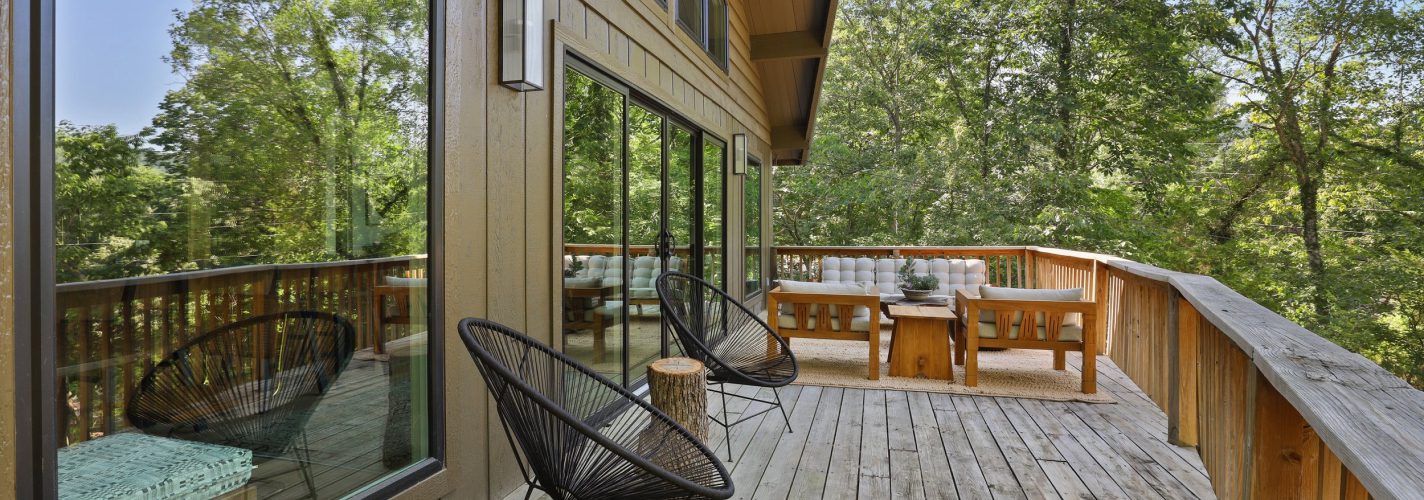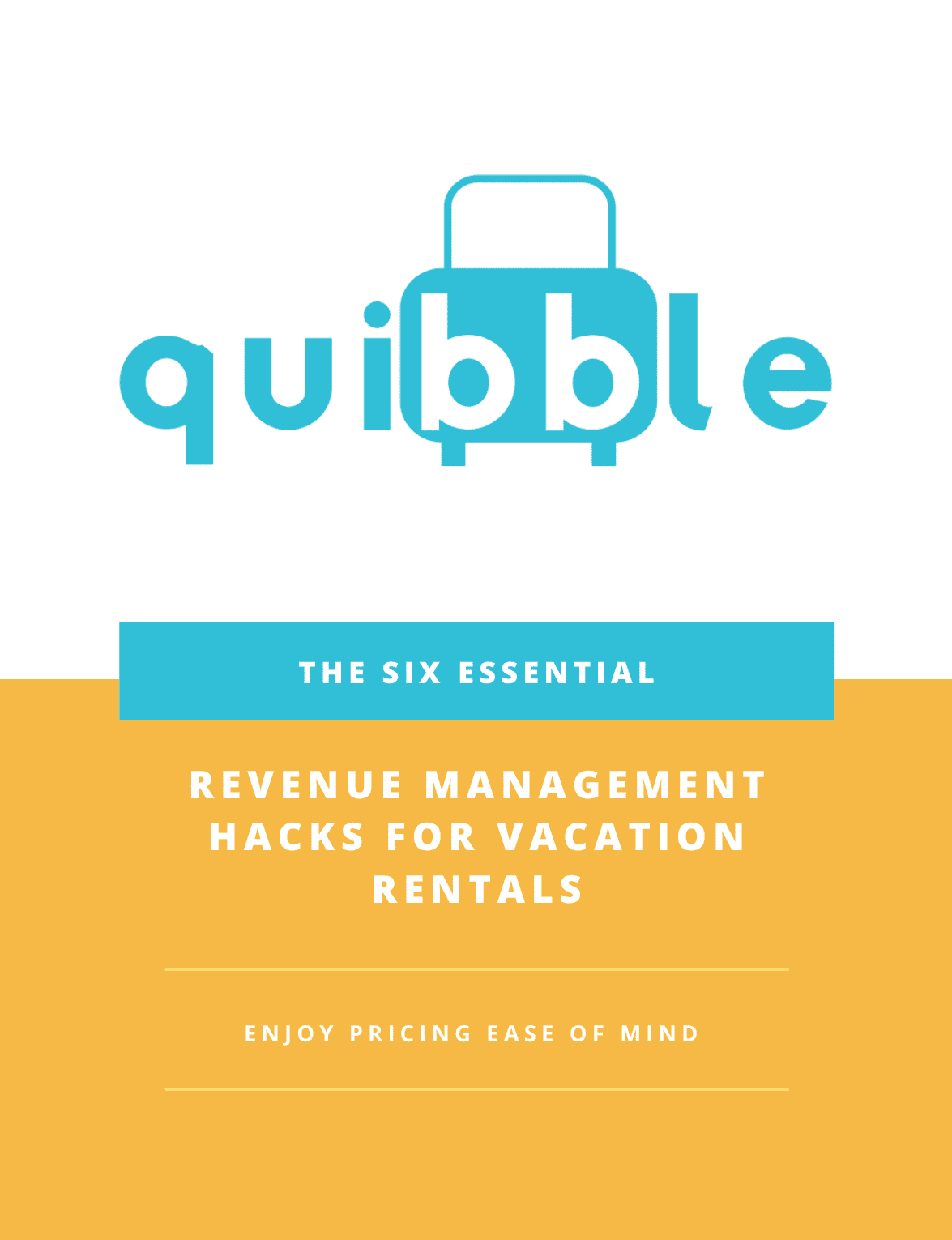One of the latest trends taking the market is the shift from minimum stay requirements to minimum booking values. As property owners and managers look for ways to optimize their revenue and attract guests, this new pricing strategy is gaining traction. In this blog post, we’ll explore what this trend entails, why it’s becoming popular, and how you can take advantage of it for your own vacation rental business.
Understanding the Shift from Minimum Stay Requirement to Minimum Booking Values
For years, vacation rental owners and managers have used the minimum stay pricing model to ensure that they earn a certain amount of revenue per booking. However, this model can be restrictive for both guests and owners. Guests may not be able to book the length of stay they desire, and owners may miss out on potential bookings due to minimum stay requirements.
As vacation rentals continue to become a popular alternative to traditional accommodation, industry trends are shifting to accommodate various needs. One notable change has been the transition from requiring minimum stays to implementing minimum booking values. By emphasizing the financial aspects instead of the duration of stays, this change has initiated a conversation regarding its benefits and the elements that should be taken into account when implementing it.
Advantages of Minimum Booking Value
1. Increased revenue for property owners
By setting a minimum booking value, property owners can efficiently manage their income expectations for each reservation. This approach encourages longer stays or higher-priced bookings, resulting in more significant earnings and helping offset operational costs such as cleaning, maintenance, and marketing.

2. Higher occupancy rates

The flexibility that comes with removing the minimum stay requirement can result in better occupancy rates for property owners. With a focus on booking value rather than duration, last-minute reservations or off-peak periods are more likely to be filled, making it possible to maximize revenue throughout the year.
3. Enhanced guest experience
Apart from maximizing revenue, implementing a minimum booking value allows guests greater flexibility in their travel plans. Having the freedom to book shorter stays or upscale accommodations without restrictive limitations can positively impact their overall experience.

Factors to Consider When Setting Minimum Booking Values
1. Market demand

Research the demand for short-term rentals in your area, including competitor pricing and typical stay durations. Use this information as a benchmark when setting your minimum booking value.
2. Seasonality
Consider adjusting your minimum booking value depending on the time of year. For example, you may want to increase it during high-demand periods like holidays or special events or reduce it during low season to attract guests looking for extended stays. Know more about seasonality here: https://quibblerm.com/determining-seasonality-demand-forecasting-vacation-rentals/

3. Property features

Assess the unique attributes of your rental property that may appeal to different types of guests. For example, if your property has amenities like a pool or outdoor space, you might command a higher minimum booking value during warmer months.
🚀 Solution

For those managing vacation rental properties looking to eliminate uncertainty in their pricing approach, Quibble is the go-to pricing and revenue management system. Our software empowers users to establish optimal nightly rates, allowing them to confidently analyze their performance and ultimately boost their revenue.
At Quibble, we enhance your revenue performance by crafting and executing a tailor-made pricing strategy while fostering lasting partnerships.
We manage your pricing strategy and supply analytics to allow you to concentrate on running and expanding your vacation rental business. Quibble’s team forecasts market trends and property demand to fine-tune our partners’ strategies.
Begin your journey with our 30-day free trial by clicking the button below.
💎 Conclusion
In conclusion, the shift from minimum stay requirements to minimum booking values in the vacation rental industry presents both advantages and potential challenges for property owners and guests alike. By focusing on the financial aspect of bookings, owners have the opportunity to optimize their revenue and occupancy rates while providing guests with increased flexibility in their travel plans. To successfully implement minimum booking values, it’s crucial for property owners to conduct thorough market research, consider seasonality and property features, and continually monitor and adjust their pricing strategies. As the vacation rental market continues to evolve, staying attuned to emerging trends such as these will be key to maximizing profits and enhancing guests’ experiences.
Furthermore, to acquire knowledge on methods to swiftly modify and enhance your pricing and revenue management approach, we recommend reading here.
Join our newsletter
Dominate the short-term rental market with cutting-edge trends










